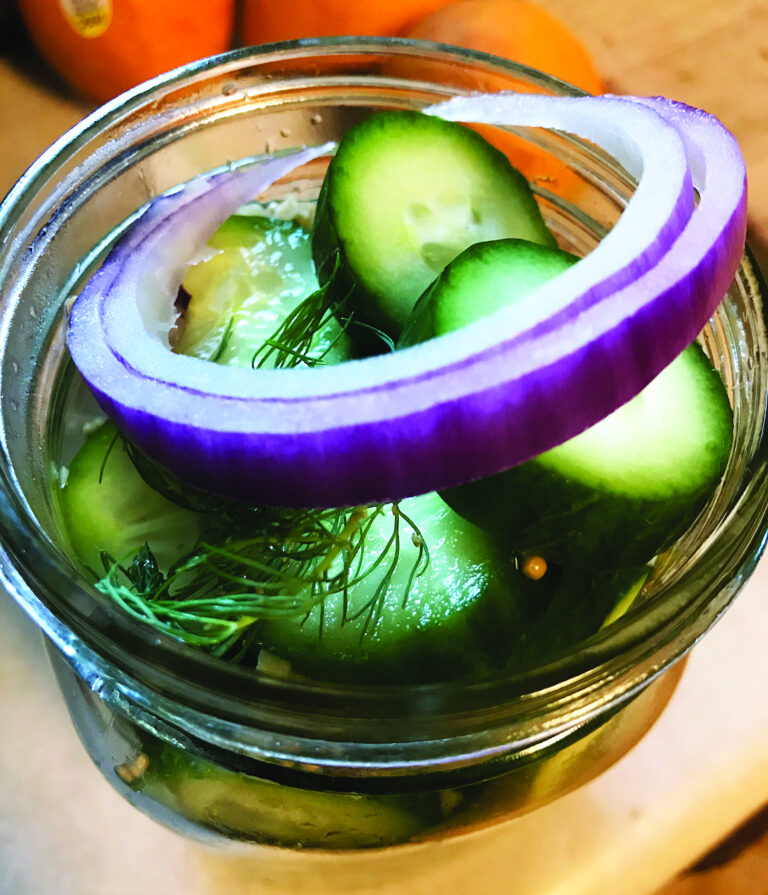Omega-3: Space Program or Essential Nutrient?
Omega-3 fatty acids are one of the main reasons health and nutrition experts have been encouraging us to eat more fish. These fatty acids are actually polyunsaturated oils found in all seafood and a few plants. According to the American Heart Association, “healthy people should eat omega-3 fatty acids from fish and plant sources to protect their hearts.” These compounds “make the blood less likely to form clots that cause heart attacks and protect against irregular heartbeats that cause sudden cardiac death,” the association's website explains. Omega-3 is also essential in the development of an infant's brain. Sounds great! Gimme some, right? Actually it's a bit more complicated. The Omega-3 fatty acid levels in eggs (like those from Chino Valley Ranchers, available at Whole Foods) are achieved by feeding flax seed to chickens as part of their diet. But Omega-3 from plant sources (like flax seed) is different from and not as effective as the fatty acids in fish. The AHA recommends that most people eat two servings of fatty fish per week and supplement with Omega-3-rich oils from flaxseed, canola, soybeans and walnuts. It's probably fair to consider these enriched eggs, which contain 225 milligrams of Omega-3 each, to be a decent supplement for healthy people—when consumed in moderation. Don't forget that one egg also contains 71 percent of your cholesterol for the day, cholesterol that is found almost exclusively in the yolk where the beneficial fatty acids are also stored. In short, pregnant women, people who are on high-protein diets and those who don't eat fish will probably find the most value in Omega-3-enriched eggs.
“Lower Saturated Fat and Cholesterol”
This is a phrase you might have seen while shivering in front of the egg case. Because eggs are relatively high in cholesterol and saturated fat it seems natural that consumers would be attracted to a healthier egg. By strictly controlling their hens' all-vegetarian diet, Eggland's Best (available at most Albertson's, Smith's and WalMart Super Centers) produces eggs that have 25 percent less saturated fat (though only slightly less total fat) and three times as much Omega-3 as regular eggs. Take into consideration though, that Eggland's eggs contain 100 mg of Omega-3 to Chino Valley's 225.
Go Organic
The word organic is the most heavily regulated of all the label claims you will find on a carton of Grade A Jumbos. Chief Inspector Brett Bakker of the New Mexico Organic Commodities Commission explains that in order to be certified organic, the hens' “pasture, feed or grain [and] everything they've been fed is certified organic—since they were a day old.” The feed also must not be genetically modified. Considering how expensive organic/non-GMO produce is for humans, one might be tempted to dismiss the importance of organic food for chickens. But pesticides and chemicals from feed tend to accumulate in animals' meat, fat or eggs so it makes sense to go organic from day one. Although conventionally produced eggs may come from chickens that have been fed things like “rendered cattle matter,” hens laying organic eggs are always fed an exclusively vegetarian diet. Most organic egg-laying hens are also considered “free-range” or “pastured” but there are no regulations on those terms right now. Even without added benefits like Omega-3, organic eggs are likely a smarter bet than conventional. Perhaps even better, says Bakker, is to buy locally-produced eggs from a farmer you can talk to and whose operation you might be able to visit. Look for producers at area farmer's markets.
To Pasteurize or Not
Pasteurized ggs should catch your attention if you're extremely fond of traditional Caesar dressing or if you like your eggs sunny side-up. Pasteurization prevents the eggs from contamination by salmonella and other pathogens. Though some companies make eggs that have been pasteurized in their shells, most often you'll find them in liquid form, either fresh or frozen. One upside to pasteurized eggs is that they stay fresh for up to 10 weeks in the fridge compared to only four weeks for regular.
Brown vs. White
The color of an egg's shell is a direct result only of the breed of the hen who laid it. Brown eggs taste no different from white so don't bother paying more for them if all other factors are the same.
Who Needs Roosters?
Fertilized eggs are almost never found in grocery stores. You don't need roosters to get eggs so why bother with them at all? There is no significant nutritional difference between unfertilized and fertilized eggs but the rooster-induced eggs are more perishable.
Look for these terms—and perhaps some we haven't come across—in the egg case at your favorite supermarket. Generally, natural foods stores like Whole Foods, Wild Oats and La Montañita Co-op have the most diverse selection of organic and “designer' eggs. For more information, check out the Organic Consumers' Association at www.organicconsumers.org, The American Egg Board at www.aeb.org or type “designer eggs” into your search engine.








